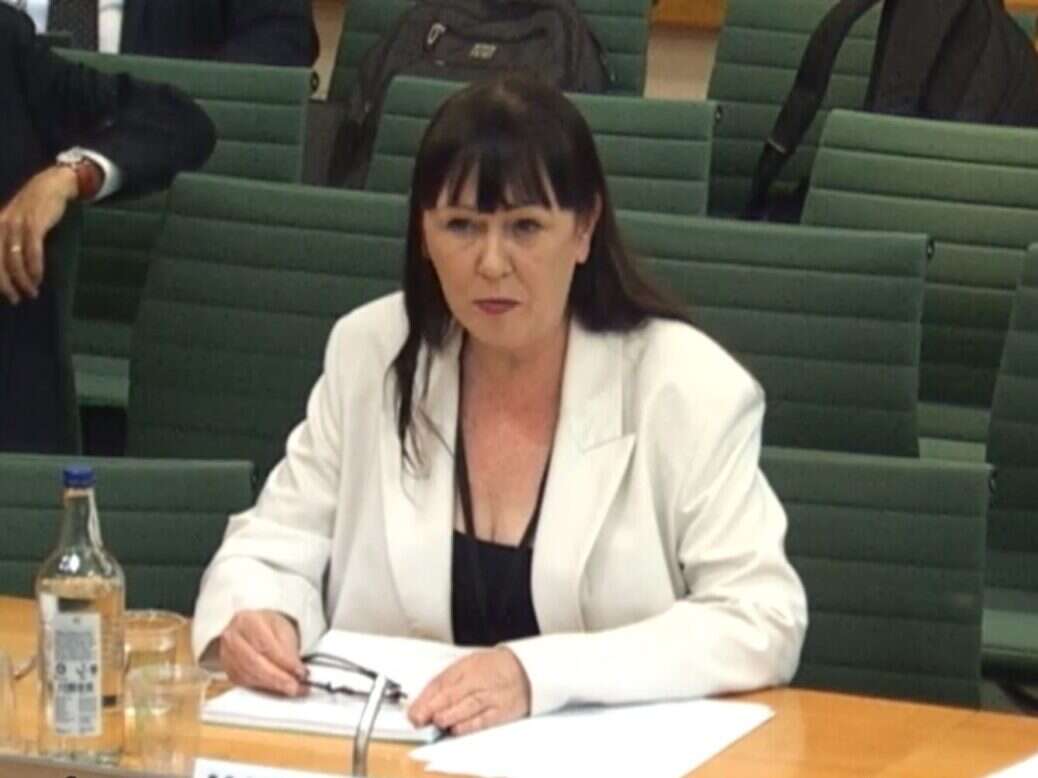
Liverpool Echo editor Maria Breslin has hit back at accusations of local news clickbait, saying such claims are “snobbery” that suggest “some journalism is more valuable than others”.
Breslin told the DCMS Committee’s inquiry into the sustainability of local journalism that the Echo has always been “populist” in the topics it chose to cover and that the business model of its parent company Reach had not forced it to adversely change.
She said the Echo, which she has edited since 2020, does not need to do “clickbait journalism” because it has a loyal audience.
Asked whether local news companies have a trade-off between clickbait and hard news, Breslin told the committee on Thursday: “There are elements of truth in it, but what I will say is that the Liverpool Echo has always been a populist publication and from the very first day I laid eyes on it it had recipes, it had fashion, it had beauty.
“It had all sorts of content strands that it still has today and we are quite unashamed of that. We do cater for quite a broad population. But public service journalism is as key to our ethos today as when we first launched.
“And I wouldn’t say it’s a trade-off as such and you very much can go down a route of snobbery in suggesting some journalism is more valuable than others.”
Breslin defended the use of page view targets for reporters, saying such metrics should not be seen as a “dirty word”.
In March Reach and Newsquest, the first and second largest regional publishers in the UK, came under fire by the National Union of Journalists for their use of page view targets for journalists.
DCMS Committee chairman Julian Knight raised concerns that local journalists feel they “do the hard news that is paid for by the lighter fluffier stuff and that’s the compromise they have to do” while SNP MP and ex-broadcast journalist John Nicolson claimed “the need for clickbait has encouraged journalists to move away from truthful stories in order to produce more provocative stories”.
Breslin told the committee: “Success for our political editor is quite different for our showbiz editor… We celebrate all forms of success.
“Page views are important to us and I don’t think they should be a dirty word.” She added that other key performance indicators they use include time spent, engagement and local market infiltration.
She went on: “I think there’s a question around the definition of clickbait. Writing headlines that appeal to people has always been an art form in years gone by in terms of journalism.
“And equally today we want to write a headline that will encourage people to click and read the story because that’s what we want – we want people to read our journalism.
“And I think there has become a sector where clickbait has become content I’m not interested in, and that is not right. And that is where the snobbery comes in.
“And we would never do clickbait journalism because we have a loyal audience in Liverpool… The temptation to do clickbait may exist in some organisations but not in mine.”
Reach chief digital publisher David Higgerson told the same committee last month that page view targets act as “the basis of honest conversations” with staff and that “the idea that we’re somehow inching away from our responsibility to public interest news” was “wrong”.
George Brock, a former Professor of Journalism at City University of London and the chair of the campaign group The Charitable Journalism Project, separately told the DCMS committee on Thursday that the consequences of a local paper being bought by a large corporate news company like Reach were “generally negative”.
He argued: “They’re negative because on average the investment in reporting and locally from local communities tends to shrink. That’s the overall picture.”
Deputy director of the Independent Community News Network Matt Abbott added: “When multi-title organisations consolidate their organisations what happens is journalists are removed from their areas, there is less local reporting, and it’s more generic reporting that happens in those communities.
“And communities suffer directly because of that and democracy suffers directly because of that.”
Picture: Parliament TV
Email pged@pressgazette.co.uk to point out mistakes, provide story tips or send in a letter for publication on our "Letters Page" blog
